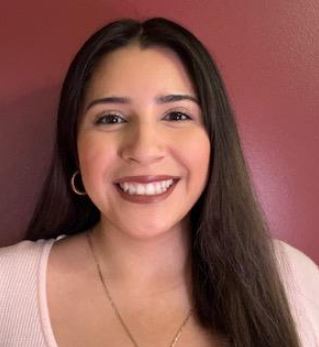RALEIGH — Jazmin Garcia, a recent graduate of Johnston County Early College Academy, is one of 12 students from Eastern North Carolina who has been named to the third cohort of the Transformational Scholarships Program at NC State’s College of Education.

This program—made possible due to a generous charitable grant from the Anonymous Trust— provides scholarships of a minimum of $40,000 over four years to promising high school students from Eastern North Carolina who will return to the region to teach after graduating from NC State’s College of Education.
“I have always loved helping others, giving back to the community, and being in a learning environment—and what better way to do all three than to be an educator,” said Garcia, a first-year middle grades language arts and social studies major with NC State’s College of Education. “I have lived in North Carolina my whole life, and specifically teachers in Eastern North Carolina have helped me grow in many aspects of my life. I am excited to return and dedicate myself to the area that made me who I am today.”
The third cohort of Transformational Scholars represents seven counties from Eastern North Carolina and comprise eight elementary education majors, two mathematics education majors, one middle grades English language arts and social studies education major and one technology, engineering, and design education major.
“This cohort represents the dedication and resiliency present in Eastern North Carolina,” said Trisha Mackey, the director of the Transformational Scholarships Program. “They are passionate about becoming transformational teacher leaders and returning to the region to be change agents through education.”
Transformational Scholars receive a minimum of $10,000 per year in scholarship support for up to four years, with additional financial support available to those with greater need to make sure that all their financial need, as determined by the FAFSA, is met. In addition, scholars have access to funds that support professional development, such as study abroad and conference participation.
During their time in the College of Education, they engage in field experiences, summer work, student teaching and other activities that equip them to return to Eastern North Carolina to work as teachers after completing their undergraduate degree. They also receive direct mentoring from College of Education faculty and education leaders living and working in Eastern North Carolina, including graduates of NC State’s Educational Leadership Academies (NELA), and develop lifelong relationships within the other members in their cohort.











